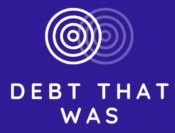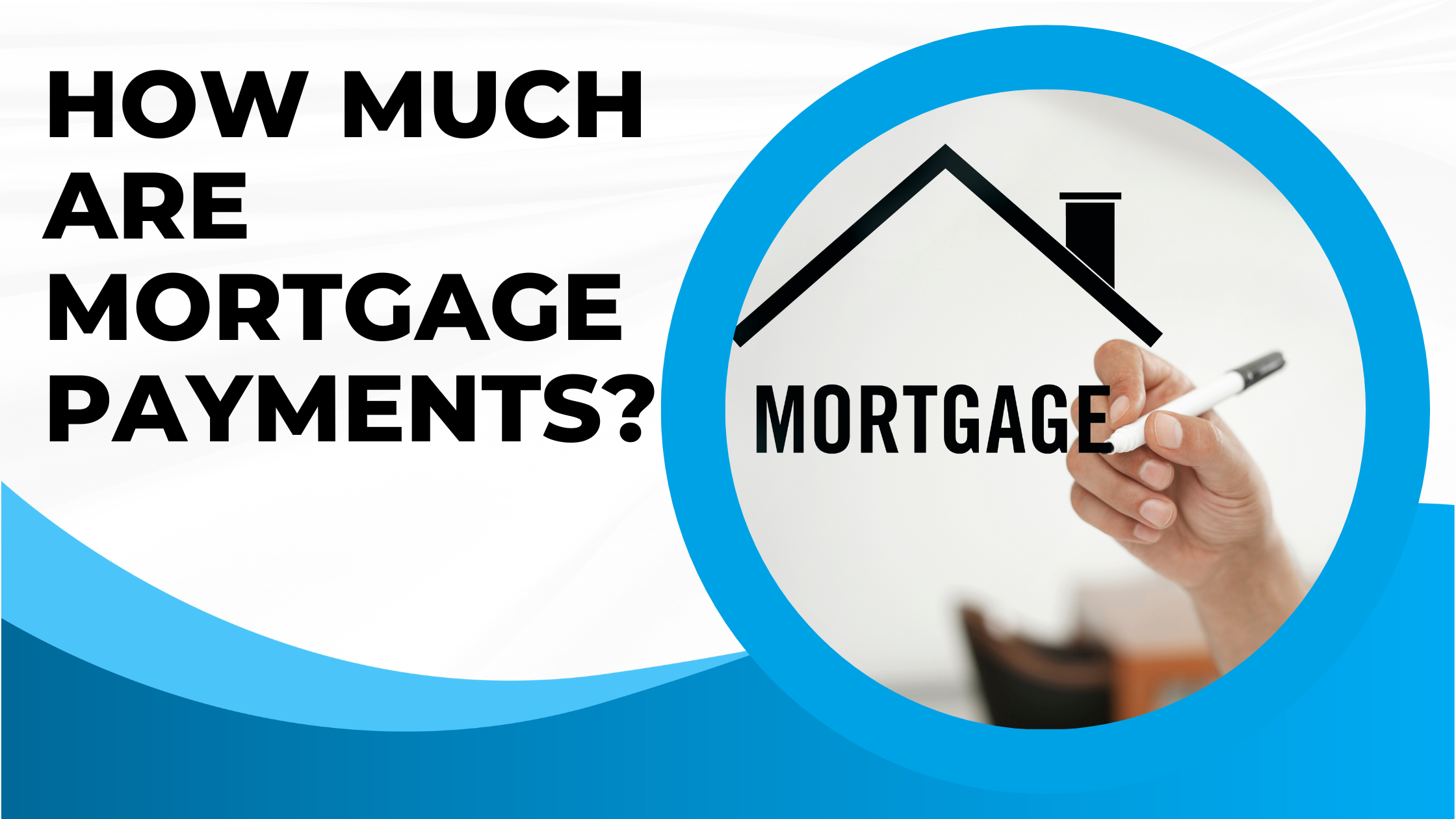An affordable mortgage reduces financial stress, helps you plan for the future, and helps you be ready for emergency expenses. A mortgage takes years to pay off, and you don’t want to worry all the time about those payments.
Staying on top of them all begins with a payment plan you can afford!
Many variables play a role in all of this. The amount financed, your rate of interest, and the loan’s length have to be factored in. The more you owe and the higher the interest, the more your payments will be. If you include escrow for taxes and insurance, that also boosts your monthly payment.
There are free calculators online to help you find your ideal payment amount.
Table of Contents
ToggleTotal Amount Financed
The amount you finance after your down payment will be a huge factor in your monthly mortgage payment. Put down as much as you can without depleting your savings. Keep funds in that account for emergency repairs, changes to income, and other variables that can happen at any time. Don’t spend every dollar you have to get your home, or you will not have any savings for emergencies.
If your goal is to lower your mortgage, it makes sense to put down more money if you have the funds available. This will also reduce the amount of interest you pay over the life of your mortgage loan. The payment will be higher when you put down very little.
Interest Rate
The lower the interest rate you can obtain for a mortgage loan, the less you will pay each month. Good credit is a big part of getting the best rate. Changes to the economy also influence rates for home loans. Strive to apply at a time when the rates are low. If you already have a mortgage loan and the interest is high, consider refinancing. It could get you a lower interest rate and reduce the mortgage payment.
Your interest rate may be fixed or variable. You know the amount it will be from the beginning to the end of your mortgage agreement with a fixed rate. This is a good idea, so you don’t have to worry about your payment drastically increasing if the rates go up.
With a variable interest rate, it can go up or go down. It is great when it goes down, and your payment drops, but it can be tough to budget for an increased payment.
Length of the Loan
Most home loans are for 30 years, but you don’t have to take that long to pay off the home. There are 10-year and 15-year loans offered. It all depends on the total amount financed and what you can afford. Everyone has different amounts of income and different expenses they are responsible for. The longer the loan, the less each payment will be. The downside is you pay more interest over the life of a 30-year loan than you would with a 15-year loan.
If you go with the longer loan period, make sure your loan doesn’t have any pre-payment penalties. When you have extra money, you can pay more towards the loan. You aren’t obligated to do so, but it can help you own your home faster.
Some great ways to pay extra towards the loan easily include:
- Bonuses from work
- Inheritance or gifts
- Investment dividends
- Overtime earnings
- Stimulus funds
- Tax return funds
Escrow for Taxes and Insurance
Any home financed is required to have insurance coverage. The amount of coverage and what the policy includes varies. You have to comply with the lender requirements and the requirements where the home is located. Insurance can be paid annually out of pocket if you desire. The same is true with your annual taxes due on the house.
Coming up with a lump sum annually to pay insurance and taxes can be hard on the budget. This is why many homeowners choose to have them included in their mortgage payments. It boosts the amount to pay per month but eliminates the need to come up with those funds to pay for those homeownership costs.
The funds go into an escrow account if you opt to have taxes and insurance included in your mortgage payment. The lender estimates how much the insurance will be for the year and how much the taxes will be for that year. They divide that amount by 12 months and place it into escrow for you.
The lender will take the funds from escrow when these bills are due and pay the actual amounts. If there are extra funds in escrow, they will return them to you and adjust for the following year. If there weren’t enough money in the escrow to pay taxes and insurance, your monthly mortgage payment would increase a bit to ensure that doesn’t happen the next time. Lenders are very good at estimating these costs, so don’t worry too much about the changes within the escrow account.
Online Calculators
Free online calculators can help you see what your mortgage payments will be. Enter amounts on the higher side to adjust for any changes. For example, if your target is a home between $200,000 and $250,000, go with $250,000. Enter the rate of interest you were approved for or pre-qualify for.
Find out the average cost of insurance and taxes on such a home. You will need to estimate them, but it gives you a good idea of your mortgage payment if you include them. Pay around with variables to see if putting more money down lowers your payment enough to get into your set range for a payment.
If the tools show you the payment is too high for your budget, see what you have to change to make it work. For example, if the amount of $250,000 is too high for you to feel comfortable, what does it look like for a home at $180,000 or $200,000?
If you are more comfortable with that figure, ensure you only look for a home within that price range.
A monthly mortgage payment you can keep up with is essential to avoid financial problems or the risk of foreclosure.

